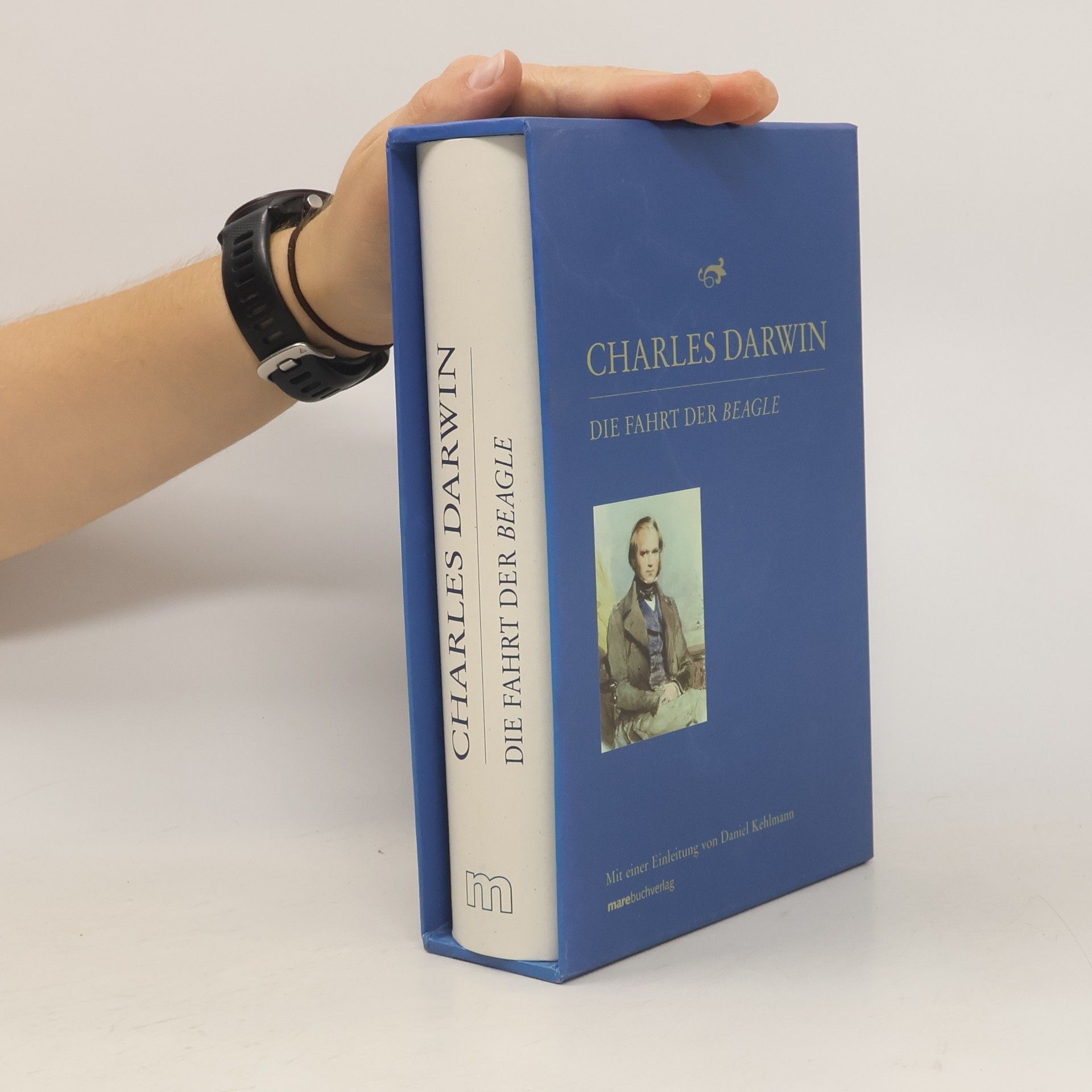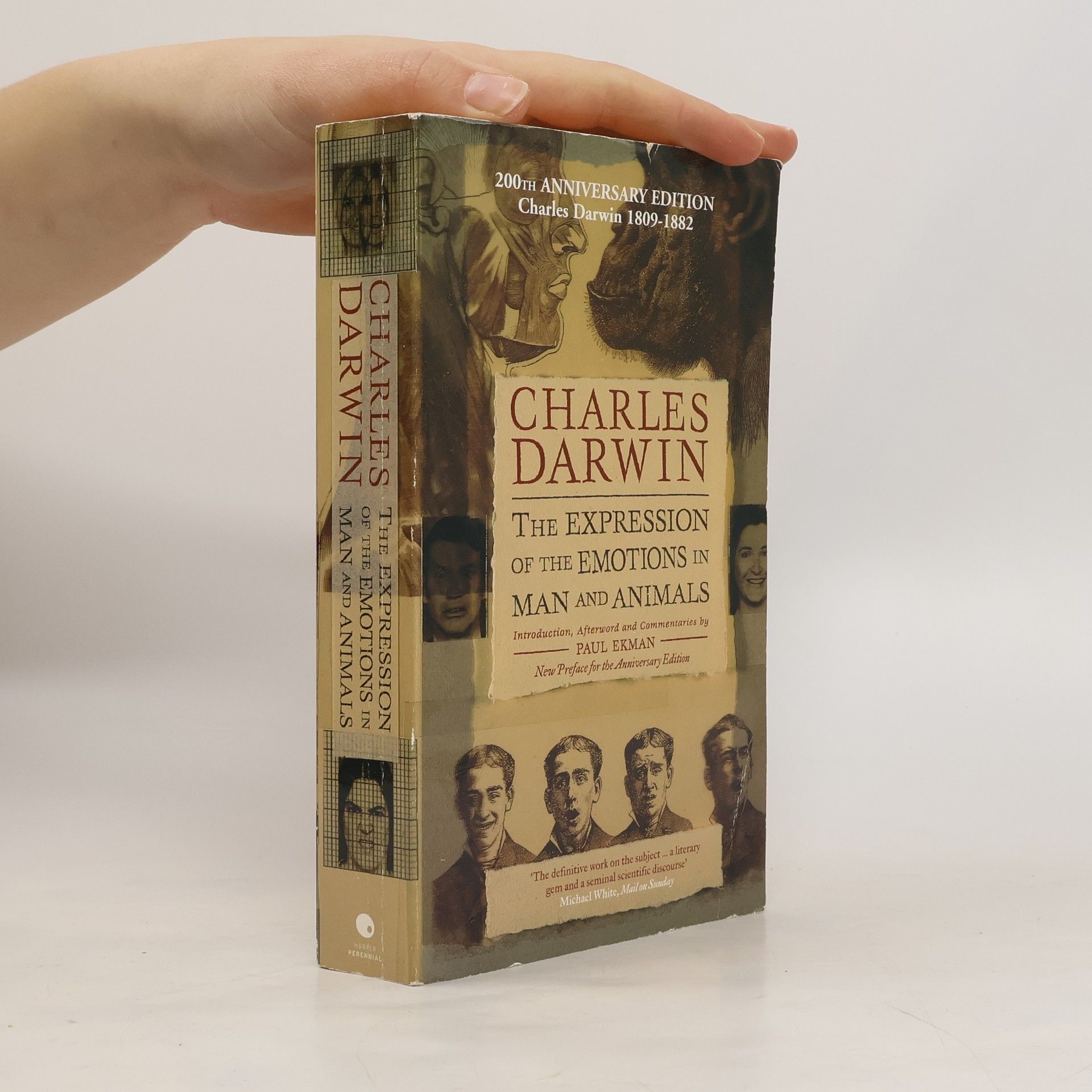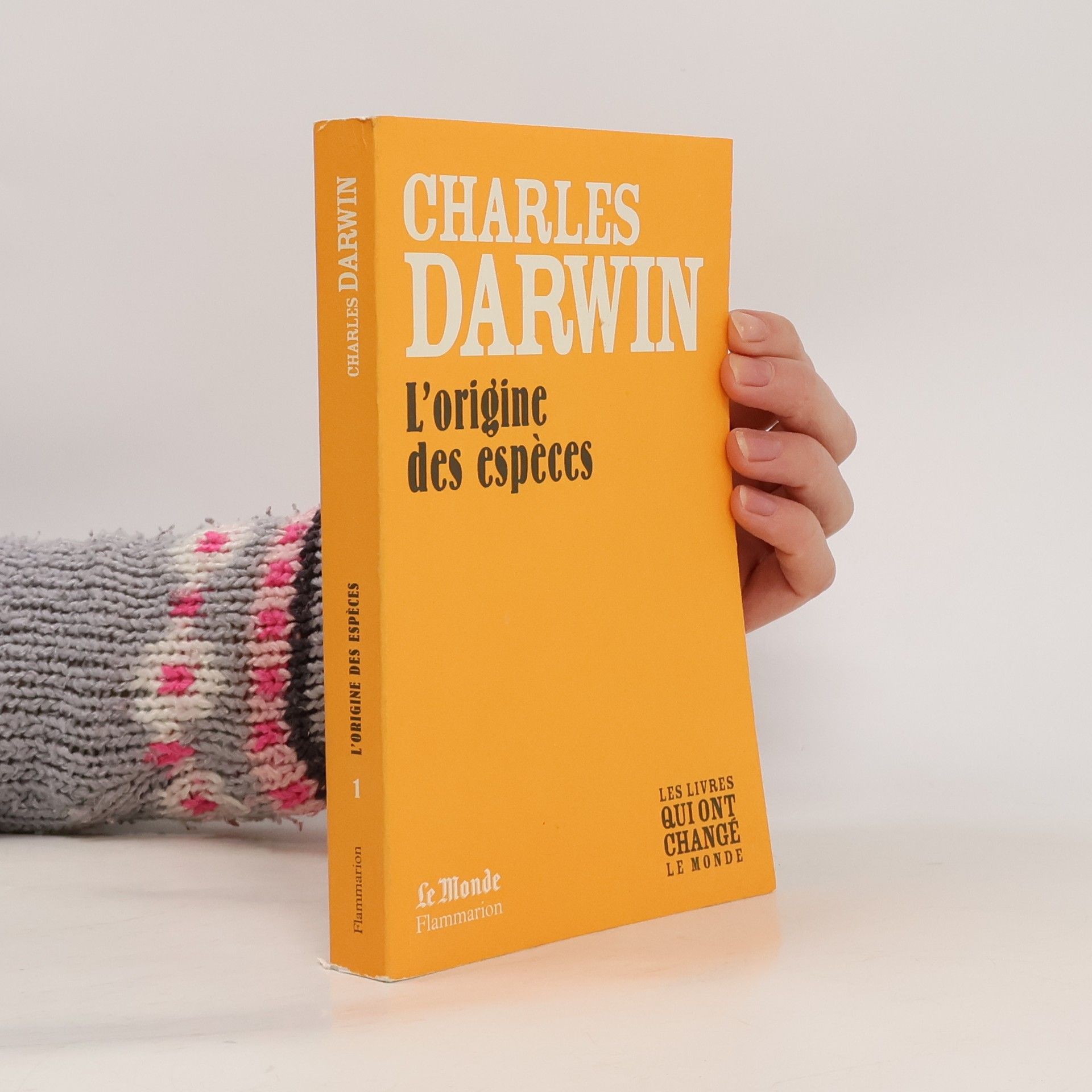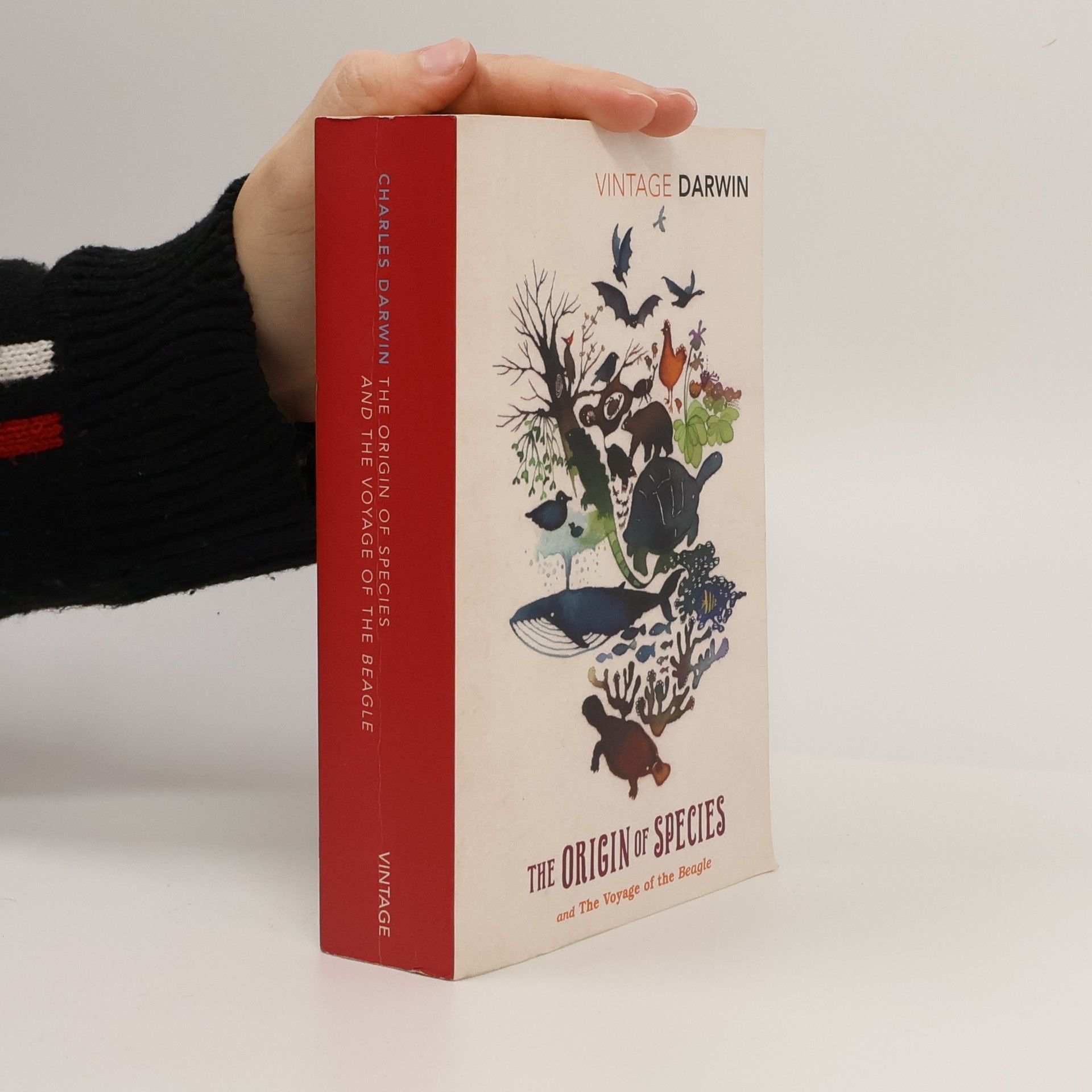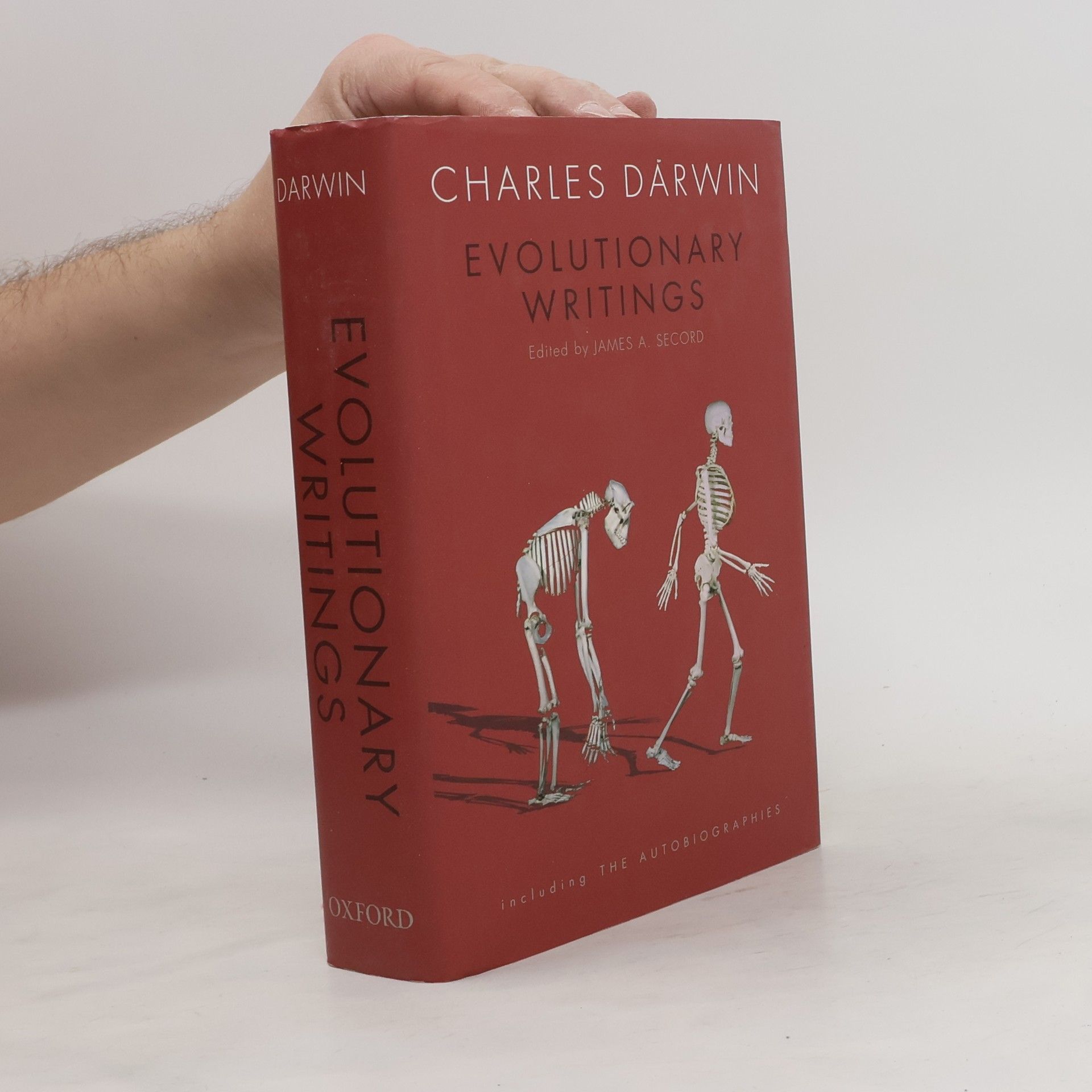Les mouvements et les habitudes des plantes grimpantes
- 166pages
- 6 heures de lecture
«... Les plantes grimpantes peuvent être divisées en quatre classes: premièrement, celles qui s'enroulent en hélice autour d'un support sans qu'aucun autre mouvement n'intervienne. Secondement, celles douées d'organes sensibles qui, en touchant un objet, s'y cramponnent; ces organes consistent en feuilles, branches ou pédoncules floraux modifiés. Mais ces deux classes arrivent parfois à se confondre insensiblement jusqu'à un certain point l'une avec l'autre. Les plantes de la troisième classe grimpent simplement à l'aide de crochets et celles de la quatrième par des radicelles: mais comme, dans ces deux dernières classes, les plantes ne présentent pas de mouvements spéciaux, elles offrent peu d'intérêt, et, en général, quand je parle des plantes grimpantes, je fais allusion aux deux premières classes...»


